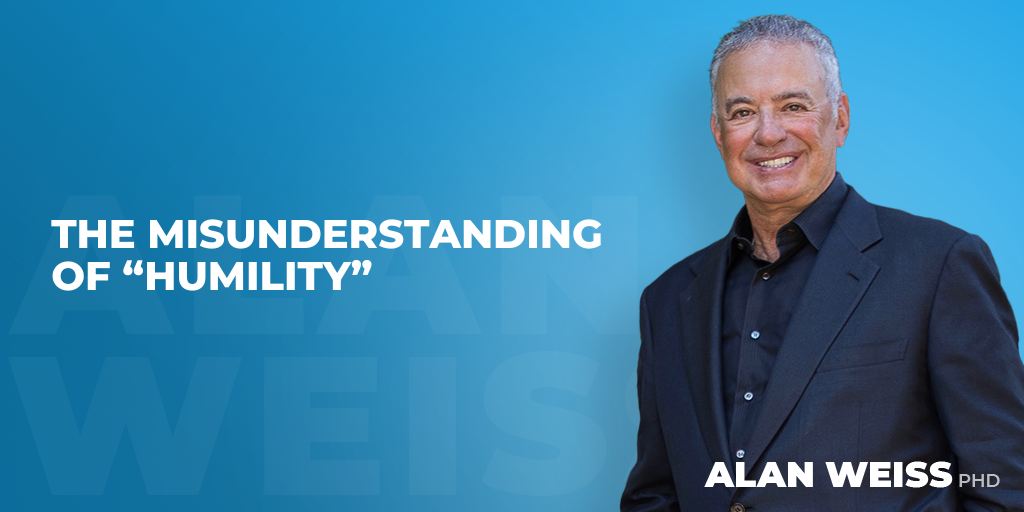Who’s On First
NOTE: This originally appeared in RainToday on today’s date, which is worth your subscribing to for excellent sales and performance articles.
Abbott and Costello, the legendary comedy duo, are best known for one of the classic dialogues in comedic history, “Who’s on First?” The entire six-minute bit comprised Abbot trying to explain to Costello the names of the players at each position on a baseball team. The problem was that the guy on first was named “Who” and the rest had names such as “What” and “I Don’t Know” and “Why.” (Here’s an audio and a print link for those of you who have somehow missed this: .)
It’s a classic case of one person knowing exactly what he means and the other totally bewildered by the certainty (and inflexibility) of the first.
Say what?
When a consultant says to me, “I work in the premium value space, and my Upstairs Growth First lead generation system creates competitive gaps for indirect retailers,” I look for the nearest bar. And I’ve been around the block a few times, consulted with the best and the brightest, and have created enough intellectual property to have supported 27 books and a thousand articles and columns.
If I’m bewildered, what are prospects, recommenders, and possible referral sources thinking? I’ll tell you what: “Get this person away from me!”
My dentist on occasion says to me something like this, “The checkup was good but we’ve placed a ‘watch’ on your interior, shoulder, dorsal at number 7. There’s a shadow, though no catch. Do you feel anything there?” No, I wouldn’t know where to feel, but I am getting an intense headache, does that count?
My tree expert is constantly talking arboreal to me: “We have a Dh-7 Mialithone which will treat the fungal issue, but I’d like to use an evanescent where the superior fork is. Would that be okay with you?” I don’t know. Does it mean you’ll spray the trees and they won’t turn brown?
In a recent ballet review in a paper called, appropriately, The Phoenix, the reviewer wrote phrases like this: “The dancer was unstable in her fritz-gorman reverse, and the tantaloose a la deux was unfortunately performed a trois, with the corps inexplicably on position 5 in the Pfifeer reverse.”
Okay, but what about the dancing?
How am I better off?
If you want to sell professional services, here’s a conceptual breakthrough: You have to be clear, yourself, and in plain English (or your native tongue), about how you can improve the client’s condition. Then you have to be able to explain it so that the client understands it.
As a rule, that will have zero to do with methodology, technology, and approach, and everything to do with output and result. I don’t care about your Upstairs Growth First, I care about whether my sales people will close larger amounts of business more quickly and at less cost of acquisition. Would that be a “yes” or a “no”?
Tell me that my teeth are fine and that I should keep flossing and come back in three months, or that my trees will stay green once you spray them with whatever stuff is in your truck, or that the dancing was wobbly when it should have been steady. Don’t show off your own, narrow, erudition, and don’t obscure the point.
Just tell me how my condition will or won’t be improved. There are too many mediocre consultants who are doing quite well because they know how to emphasize results, despite the fact that they may be weak in methodology. There are too many good consultants starving because the emphasize their quite meticulous methodology and ignore the client’s actual, probable results.
Then there are some of us who have made a fortune by simply stressing the value of the improvement in the client’s condition, and setting about achieving it as quickly, and with as little labor intensity, as possible.
It’s the final score that counts
No one waxes rhapsodic about the great plays of the losing team. No victory was every overturned because the losing team showed more graceful moves or more athleticism. Please don’t tell me that it’s not about winning or losing, it’s about how you play the game, because otherwise no one would keep score. (The last time I checked, the Olympics, bearer of that noble phrase, still gave out the gold medals for winning, and no team was shouting, “Well done, it’s how we play the game!” or “Go for the bronze!”)
The improvement in the buyer’s condition is all that matters, which makes the $80 billion or so spent on training in the U.S. last year all that much more suspect. Most of that only improves the condition of training venders, not the client, which is why that industry (and the HR department, which funds it) is so avoidant of metrics and ROI calculations.
In consulting, we have the great responsibility and opportunity to improve the client’s condition daily, in return for equitable remuneration (which is why fees should NEVER be time-based). We should relish that. That’s what comes first.
Ignore it, and you’ll never get to second.
© Alan Weiss 2008 All rights reserved.




